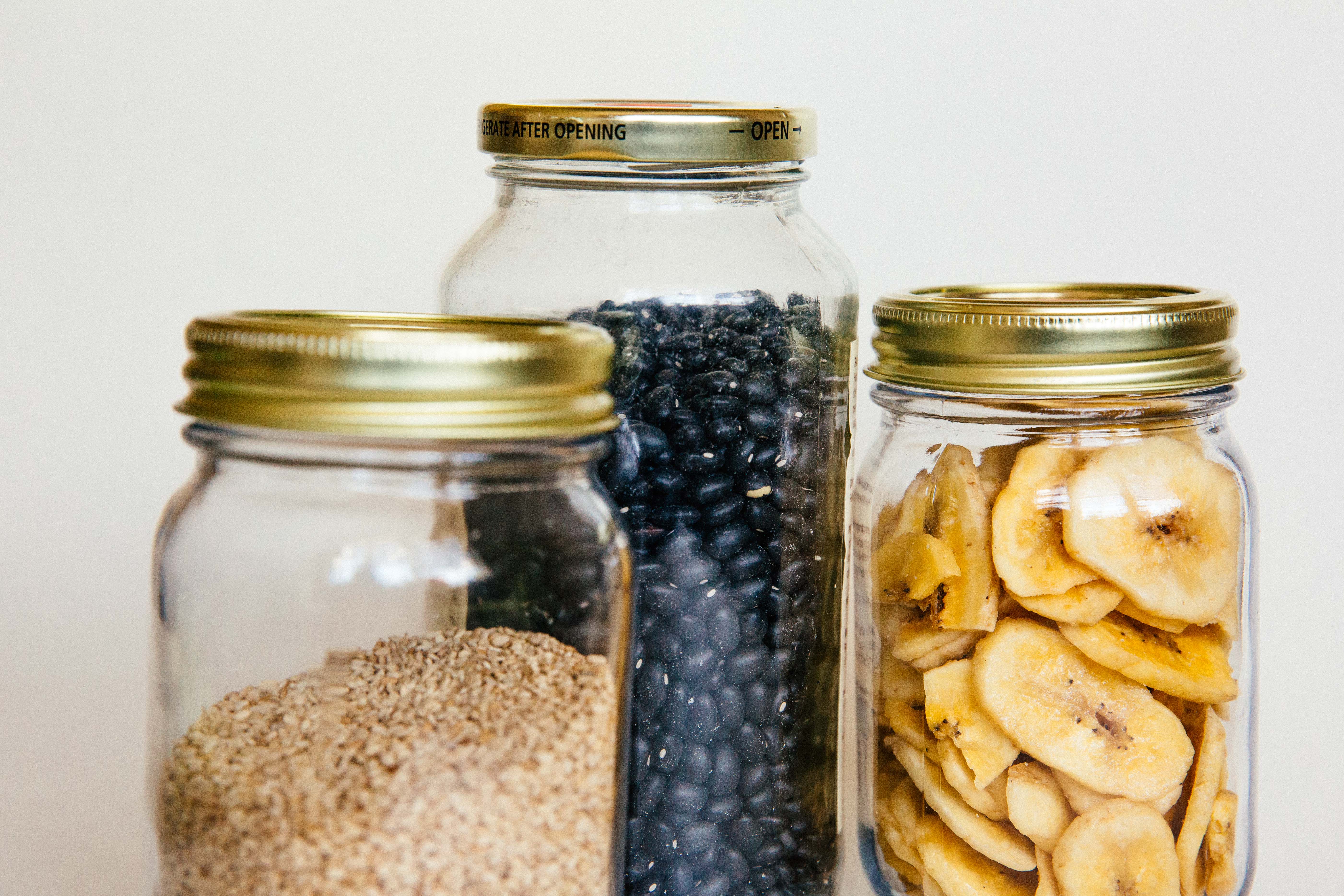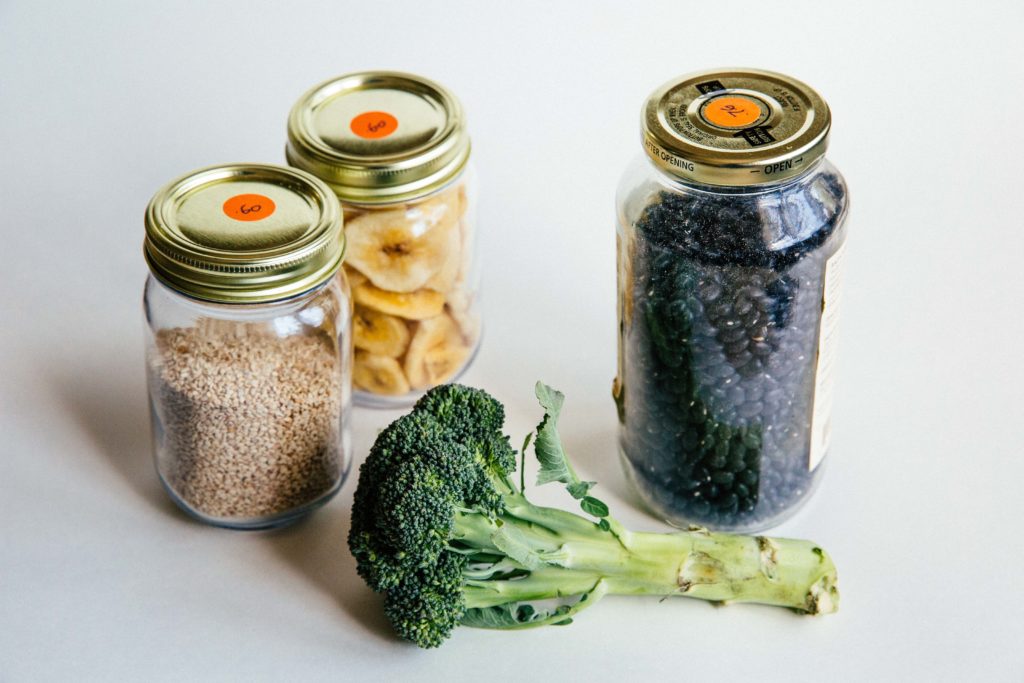
Zero Waste Baton Rouge blogger Anne Fugler shares how she uses less and saves more
Anne Fugler, a 28-year-old videographer, has scrapped several old habits over the past year. She opts out of plastic utensils for silverware and passes on plastic straws. She’s even stopped shopping for packaged food.
Fugler made these changes when she decided to go “zero waste.” The global movement has come to Baton Rouge through bloggers like Fugler (a zero-waste spokesperson) and Emily Jean McCollister. In short, zero-waste advocates aim to produce less trash. On her blog and social media accounts, Fugler shares how she and her husband, Blake, adapted the zero-waste movement to life in Baton Rouge.
Fugler has become mindful of food packaging as well as how she disposes of food—for good reason. “The landfill is the last place you want to send anything, just because we have limited space,” she says. Studies show the average American throws out 4.4 pounds of trash and wastes about a pound of food every day. Excess food makes up 19 percent of landfills, where it decomposes and creates the greenhouse gas methane.
|
|
But Fugler tells 225 Dine that producing less waste can be simple and even affordable. Here are her tips for grocery shopping and dining out like a zero-waste pro.
Bring your own ______.
Even Fugler thought going zero waste sounded impossible. So, she started small. She began by loading her groceries in reusable bags. She traded plastic produce bags for lightweight cotton mesh bags.
Once the Fuglers finished eating foods and condiments that came in plastic containers, they began to bring their own cotton bags and glass jars to stores for items purchased in bulk.
“It was a lot of experimentation. I had to figure out which stores are cool with what. Most stores are cool with it,” she says. When shopping, Fugler stops at the customer service counter first so the store can weigh the jars. She tends to use bags for rice and beans and jars for smaller foods like quinoa or foods that could stain a bag.
She either brings a mug to coffee shops (and often gets a discount when she does) or asks for an in-store mug. “I haven’t been to a coffee shop yet that didn’t have mugs on hand or just glasses,” she says.
When bringing leftovers from a restaurant home, she brings her own Tupperware to avoid styrofoam or plastic to-go boxes. “If I have to take any waste, I go for paper instead of styrofoam or plastic because I know I can throw it in my compost bin,” she says.
Know where to shop
Fugler often shops at Whole Foods for bulk foods, but she can adapt to stores that do not weigh jars. For example, she brings lightweight bags to Ideal Market, where she shops for bulk beans and exotic fruits.
She recommends the farmers market for unpackaged goods. Rouses and Whole Foods both sell coffee beans in bulk. She brings her own jars to Red Stick Spice Co. for bulk spices and loose tea.
Though Fugler does not eat meat, fellow zero-waste blogger McCollister praises Iverstine Butcher for helping her store purchased meat in her own reusable containers.
Save some cash
Going zero waste sounds, well, expensive. But Fugler begs to differ.
“My husband and I are super frugal. We don’t like spending money. We don’t even really go out that often. Before we went zero waste, going into a Whole Foods was kind of an experience. But what people don’t realize is how much food they waste, and they’re wasting money,” she says.
Shopping for unpackaged food and purchasing the right amount of food has saved them a noticeable amount, she says. “Everything got a lot cheaper, and we were buying healthier foods and fair trade food. We thought eating zero waste was going to be a huge expense, and it wasn’t.”
Compost (almost) everything else
Composting was one of the first steps Fugler took when going zero waste. Composting turns unused food (from leftovers to orange peels) into a rich soil.
“Anybody can do it. You just have to have the right compost bin,” she says. In fact, Fugler learned to compost indoors, in her apartment. She recommends vermicomposting for those without outdoor spaces, a method that enlists red worms to break down food. (Editor’s note: OK, that made us squirm, too. If you’re not up for having worms in your house, there are other methods of composting indoors.)
Eco-conscious > self-conscious
When Fugler first went zero waste, she worried about having to ask restaurants or stores for certain modifications.
“It’s daunting at first, but people are much more accepting—or much more accommodating—than you think. After a few times, it just becomes habit,” she says. “Now, I just know it’s not a big deal.”
|
|
|

